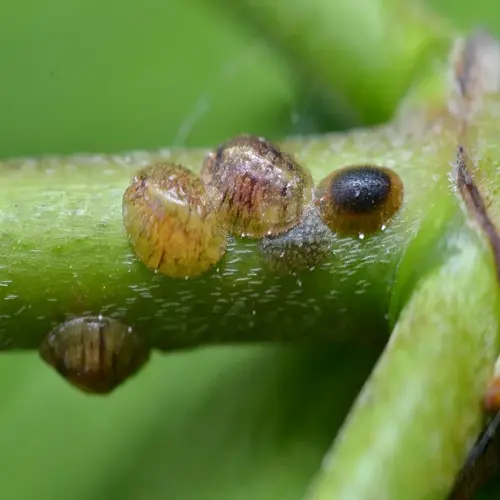What makes eco-friendly pest control different?

Written by
Nguyen Minh
Reviewed by
Prof. Martin Thorne, Ph.D.Eco-friendly pest control offers protection for the environment while effectively controlling pests. Rather than using synthetic chemicals that can harm ecosystems, like conventional pest control services, they employ sustainable methods that work in harmony with nature, rather than against it. I have implemented these pest control solutions for those clients who want a safer alternative to conventional pest control services. These services do an excellent job of protecting pollinators, waterways, and other ecosystems.
Botanical Solutions
- Plant-derived compounds like neem and pyrethrum
- Targeted action against specific pest species
- Rapid decomposition without soil contamination
- Safe for beneficial insects when applied correctly
Habitat Enhancement
- Planting nectar sources for predatory insects
- Installing birdhouses and bat boxes
- Creating beetle banks in agricultural fields
- Maintaining hedgerows as natural barriers
Precision Technology
- Drone-mounted sprayers targeting infestations
- Sensor-activated traps minimizing non-target catches
- Micro-encapsulation for controlled release
- UV-light traps with species-specific frequencies
Certification standards such as OMRI and EcoCert verify eco-claims, both state that the formulations have been independently tested and are free of toxins. I suggest checking the certification status before making a purchase. It guarantees that the products have met rigorous, environmentally based standards. You will effectively avoid being trapped in a greenwashing situation.
Technologies of innovation enrich eco-efficacy. Off-grid solar traps operate. Smart sensors detect pests and use little energy. I have used drone systems that minimize chemical usage by 70% compared to traditional tech, spraying systems that target infestation zones. You can significantly reduce your environmental footprint.
Those methods yield long-term benefits that can no longer be measured by immediate pest control. The soil ecosystem becomes naturally healthier. Populations of beneficial insects recover within a single season. I note increased biodiversity on properties where sustainable practices are used. Water Quality improves with no chemical runoff.
To make it work, you have to know the lifecycle and habitat of the pest. Apply variations of botanical sprays at temperatures best suited to their use, the release of beneficials coincides with the emergence of the pest insect. I also check if integrated plans that put together various eco-strategies will work. It always takes multiple layers to avoid resistance forming.
Read the full article: Comprehensive Pest Control Solutions Explained

